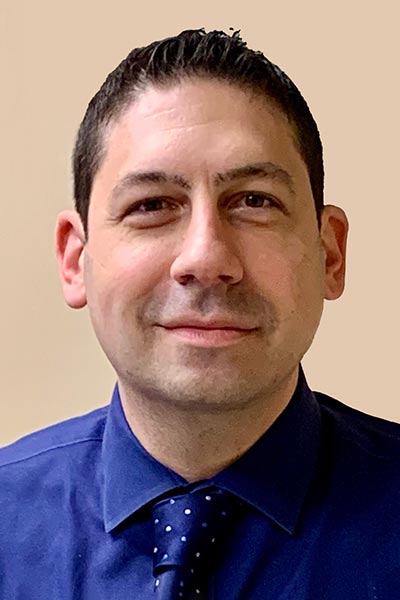Rheumatologists may feel frustrated with the state of healthcare and policies that affect their practices, including drug prices and payment challenges. A team of experts on advocacy presented the ways in which ACR advocacy is working to make it easier for members to stay focused on patient care.

Blair Solow, MD, MSc, Chair of the ACR’s Government Affairs Committee (GAC), kicked off Understaffed, Over-Scrutinized and Feeling Powerless? ACR Advocacy Is Here to Help! by outlining the committee’s objectives and priorities. The Saturday, November 12, session is available for on-demand viewing for registered ACR Convergence participants through October 31, 2023, on the virtual meeting website.
The GAC’s priorities for advocacy in include:
- Barriers to access
- Medicare reimbursement
- Workforce shortage
- Drug pricing
- Telehealth
- Research funding
More specifically, Dr. Solow said, the GAC is working on issues such as step therapy, which is the red tape between patients and their medications; the shortage of pediatric rheumatologists; and research funding for arthritis through the U.S. Department of Defense, because that disease is the No. 2 reason for military discharge.
She emphasized the importance of rheumatologists taking time to learn about advocacy and health policy issues that affect their practice.

“We need to hear from you. What we focus on each year really depends on what our research group and practitioners tell us we should be focusing on,” Dr. Solow said. “The more we amplify our voice, the more effective we will be in getting legislation passed that makes our practice more patient-centered.”
Lennie McDaniel, JD, Head of the ACR Office in Washington, DC, and ACR Director of Congressional Affairs, narrowed the priorities even more to prior authorization, Medicare cuts, and extending COVID-19 telehealth exemptions for another year.
McDaniel noted that Medicare reimbursements had already been cut 2.75 percent at the time of ACR Convergence 2022 and were facing another cut of 4 percent at the start of 2023.
Tight party majorities in Congress mean a whole party needs to agree to move forward on any decision, she said, and that means there will be more must-pass legislative packages, and it may motivate centrists to work together, but that remains to be seen.
The ACR has both the GAC and a nonpartisan political action committee, RheumPAC, working on legislative priorities on behalf of members.

“They allow us to form relationships with everyone who is willing to talk to us about the priorities of rheumatologists,” McDaniel said. “So, no matter who has the House or who has the Senate, we have some great advocates who understand our policy priorities and what is best for patients in America.”
This kind of advocacy is a big undertaking. About a quarter of the U.S. budget is dedicated to health, yet only about six-tenths of 1 percent of doctors are rheumatologists, said Angus Worthing, MD, FACR, who serves on the ACR Board of Directors and is a former chair of the GAC.
“There are not very many of us, and we have a huge agenda,” said Dr. Worthing, a rheumatologist at Arthritis and Rheumatism Associates, PC, in Washington, DC.
Dr. Worthing directed ACR members wanting to be more involved in advocacy efforts to the ACR’s Legislative Action Center. This online portal enables members to send pre-written letters related to legislative priorities, find relevant legislation, and sign up for alerts.
Launched in 2007, RheumPAC also raises funds to promote the needs of rheumatologists and their patients in the political process.

“Our basic goal is to seek out and support champions of rheumatology,” said RheumPAC Chair Howard Blumstein, MD, FACR, Rheumatology Associates of Long Island.
Its secondary aim is to increase ACR-wide participation: Currently only 5 percent of members donate to RheumPAC; the goal is to increase that to at least 10 percent.
“Numbers are just as important as amounts donated,” he said. “If more people participate, it is an easier lift for everyone.”
To learn about other advocacy resources and initiatives, visit the Advocacy page of the ACR website.
WATCH ACR CONVERGENCE 2023 SESSIONS ON DEMAND
If you weren’t able to attend a session in person during ACR Convergence 2023, you haven’t missed out. All registered meeting participants receive on-demand access to scientific sessions through October 31, 2024.


